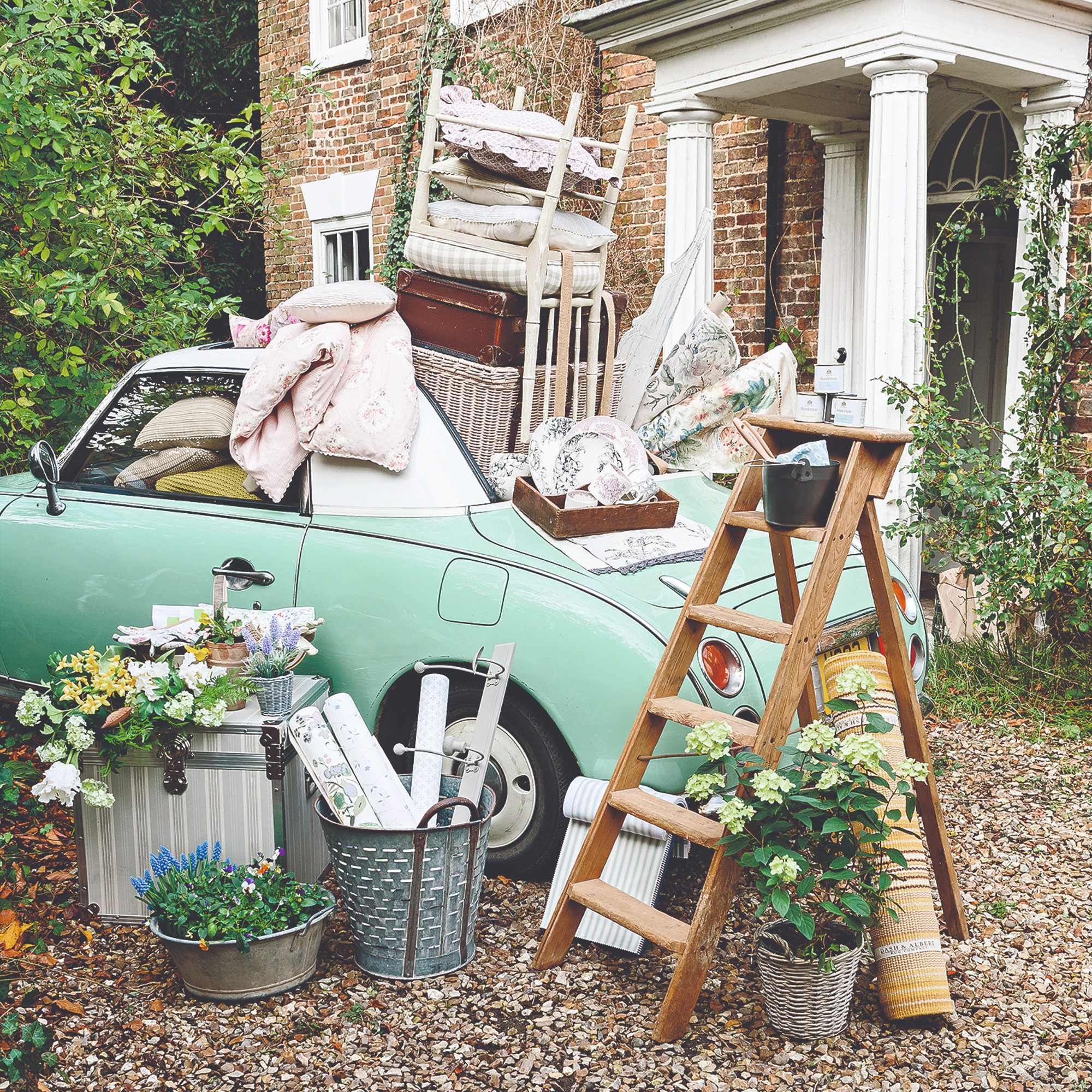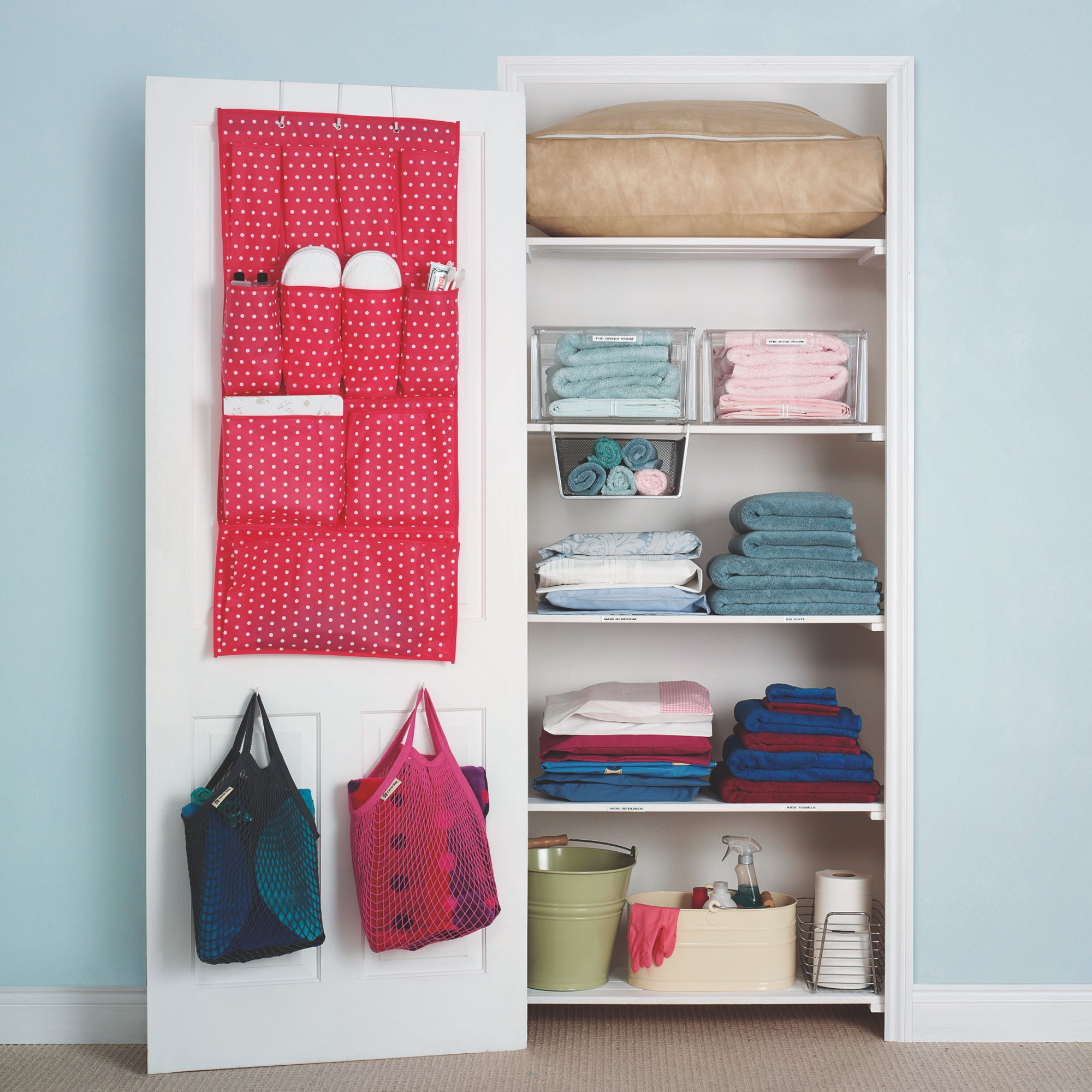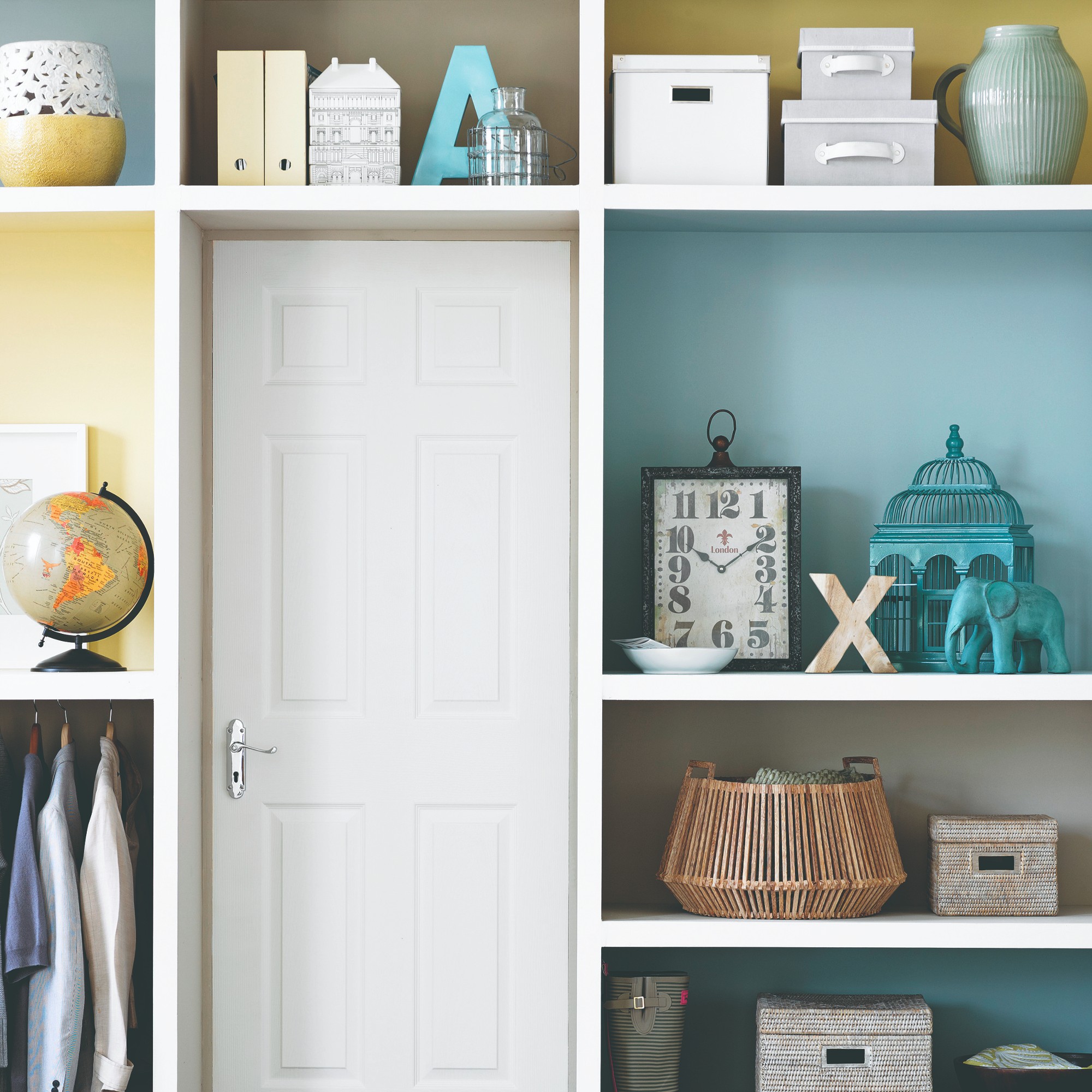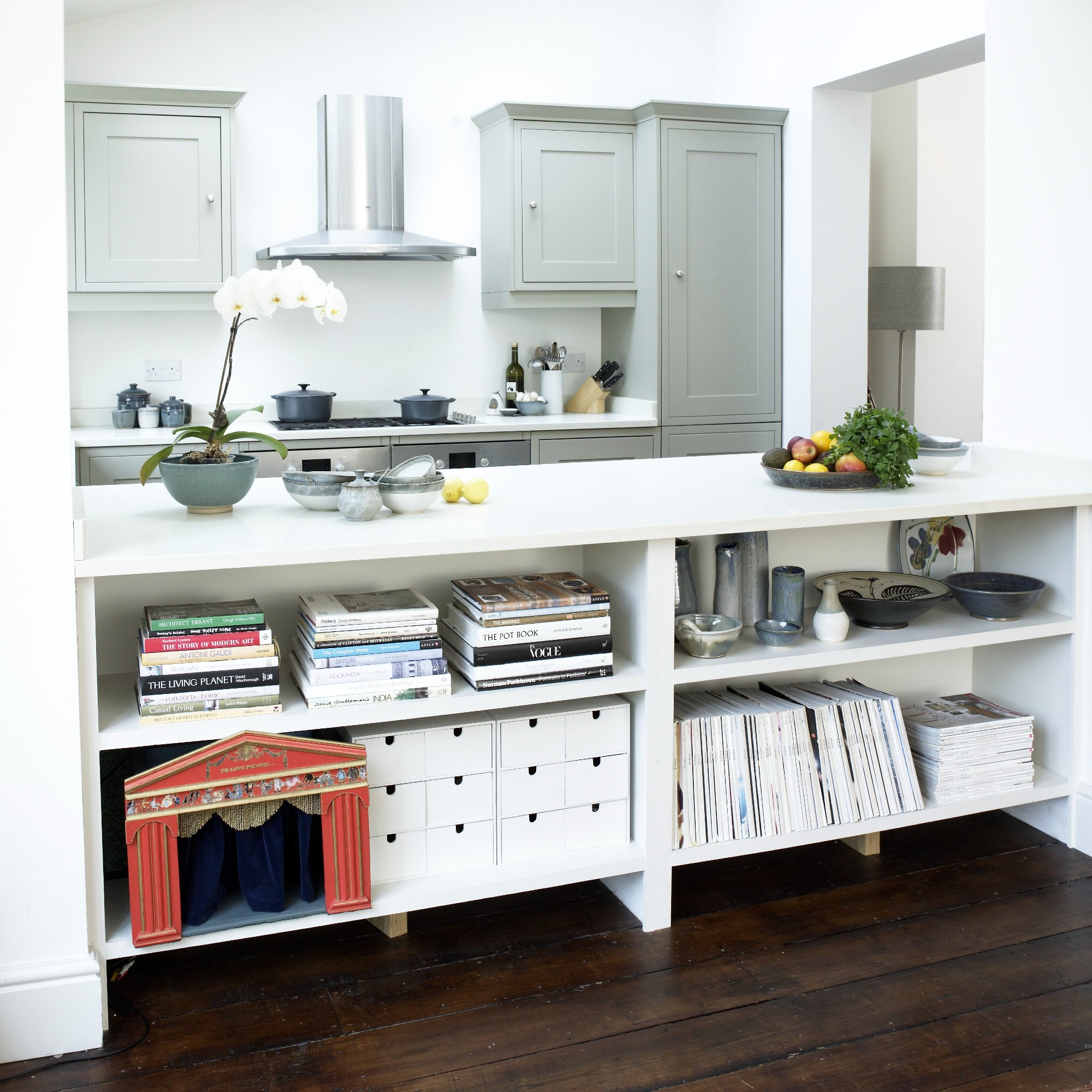
The internet is full of new terms and trends attempting to go viral on a daily basis. The latest that popped up on our radar is the decluttering ‘move-out’ method. We've been obsessed with decluttering and cleaning advice since Marie Kondo came into our lives so if there is an effective new way to do this, we want to know about it.
Social media (hello Tiktok and Instagram) is usually the birthplace of this term newness, whether it's the bed rotting trend or the ‘Hollywood clean’ approach to chores. Some are good and ingenious actually, while others are straight up bad. What category does the move-out method fall into? Organising experts advise.
What is the decluttering move-out method?

Before deciding whether you should adopt this method, you need to know exactly what it is. Hint, it’s in the name. But Siân Pelleschi, professional organiser, owner of Sorted! and the APDO president explains it perfectly.
‘It’s essentially treating a decluttering session as if you’re moving house - if you were moving to your dream home, how would it look? What would you want to take with you? You then pack the items you would want to keep, release the rest, and then unpack,’ she says.
This system can be applied both if you are actually moving out or just want to get rid of unnecessary things and free up some breathing space. I certainly wish I had added this method to my moving house checklist before moving last month. But if you are just aiming to declutter, the move-out method sounds like an awful lot of work.
'The decluttering ‘move-out’ method might be considered by some to be extreme – basically clearing a whole space out so you can sort through belongings as though you were getting ready to pack up and move house,' agrees Simon Glanville, managing director of A Place for Everything. 'That might work well for some – taking it on as a project i.e. friends coming to stay so you really must sort out the spare room! But it can be very tiring and potentially emotionally draining for some.'

‘It can be effective for those really wanting to make change but you still have to be prepared for the energy and mental capacity it can take up,’ Siân confirms. ‘It’s a good way of really looking at your possessions and assessing whether what you have really does give you value and supports your life in a positive way.’
She also adds a tip to make this a successful and effective decluttering session. ‘If you struggle to make decisions but want to do this process then make sure you have someone with you, whether a professional or friend or family member, who could help ask the right questions and keep you on track during the process.’

While Katherine Blackler, CPO® certified professional organiser and founder of SortMySpace, doesn’t apply this particular methodology when working with her clients, she refers to a similar system that she uses instead.
‘I will sometimes help clients rank their belongings in a similar way by considering a wedding guest list. There are some people (things) that absolutely have to be there for all the wedding day celebrations (life, as it currently stands), some who are invited for the reception only (e.g. items still important to you that add value) and some who only get invited if or when there's space for them. Some people (things) just don't make the cut to get an invite (for these belongings that means ditch, donate, recycle etc.).’

While packing everything you own to only unpack it all again in the name of decluttering might not be necessary, the process of assessing your belongings using this method sounds like an effective way to go - whether you’re about to turn your whole house upside down or just want to find a way how to declutter your wardrobe.







